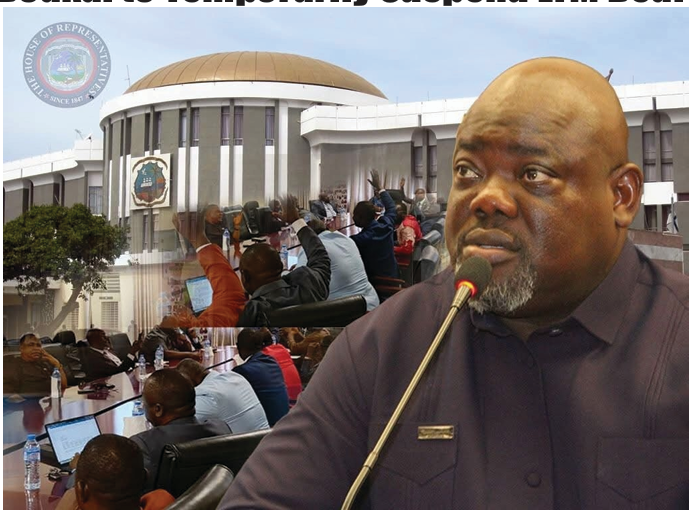HOR Reverses Course, Requests Pres. Boakai to Temporarily Suspend LTM Deal

In a significant shift, the House of Representatives has formally written to President Joseph Nyuma Boakai, requesting the temporary suspension of key components of the controversial Liberia Traffic Management Incorporated (LTMI) concession agreement. This move comes just days after the Joint Committees on Transport, Investment & Concessions announced a unilateral “stay order” on LTMI operations an action that drew widespread criticism for exceeding the scope of legislative authority. The House's letter to the President, signed by Chief Clerk Mildred Sayon, acknowledges recommendations from the Joint Committee but defers to the Executive for action. Specifically, the letter calls for a halt to LTMI’s involvement in the issuance of driver’s licenses, vehicle registration, and license plates, pending a full-scale review of the agreement. The development follows growing pressure from transport unions, civil society, and disgruntled employees of the Ministry of Transport, who have petitioned lawmakers over concerns of transparency and employment issues arising from the concession. However, legal and political commentators, including Sinoe County Senator Augustine Chea, argue that the initial decision by the House committees to impose a stay order was unconstitutional. “The committees overreached their authority. They do not have the constitutional power to unilaterally halt or suspend an agreement,” Senator Chea asserted. Analysts have echoed similar concerns, warning that such procedural missteps could damage the credibility of legislative oversight and erode public trust in the institution’s decision-making process. “Only the President, as head of the Executive Branch, holds the authority to suspend or renegotiate portions of a concession agreement,” noted one constitutional lawyer. While the House’s recent action is seen as a corrective step, critics say it also underscores the need for greater legal clarity and adherence to proper legislative processes. The somersault from the initial stay order to a formal request for Executive intervention reflects internal recognition of the limits of committee powers. Despite the legal and political backlash, House leadership insists that its engagement is rooted in public interest. “We are responding to the genuine concerns of our people,” a senior lawmaker noted, “but we also recognize that only the President can act on this matter in accordance with the law.” The final decision now lies with President Boakai, who has yet to issue a public statement regarding the House’s request.


